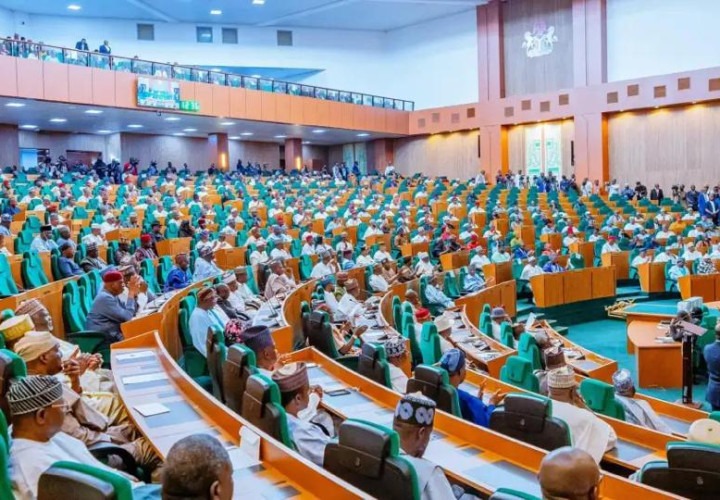The Nigerian Customs Service (NCS) has proposed a substantial increase in licensing fees for customs agents, sparking considerable controversy and opposition within the industry. The planned increase, scheduled to take effect in January 2026, would see the cost of new licenses jump from N515,000 to a staggering N10 million, while renewal fees would rise from N215,000 to N4 million. This dramatic escalation has ignited concerns among licensed customs agents, who argue that the new fees are exorbitant and could have detrimental effects on the maritime sector and the broader economy. The NCS justifies the increase by citing the need to update outdated charges, claiming that the current fees are based on regulations dating back to 1958. They argue that the revised fees reflect the current economic realities and the value of the transactions handled by customs agents.
The proposed hike has been met with strong resistance from the Association of Nigerian Licensed Customs Agents (ANLCA), a prominent body representing customs agents in the country. ANLCA’s National President, Emenike Nwokeoji, has vehemently criticized the proposal and challenged the rationale presented by the NCS and the House Committee on Customs & Excise, which has expressed support for the increase. Nwokeoji argues that the proposed fees are excessive and out of line with international standards, referencing World Customs Organisation guidelines for licensing customs brokers. He contends that the increase will create an unnecessary barrier to entry for new agents and impose an undue financial burden on existing practitioners, potentially leading to job losses and reduced competition within the industry.
Leke Abejide, Chairman of the House Committee on Customs & Excise, has defended the proposed hike, maintaining that the current charges are archaic and require revision to align with prevailing economic conditions. He asserts that the increased fees reflect the substantial value of the cargo handled by customs agents, which he estimates to be between N10 billion and N20 billion. Abejide dismisses concerns about the impact on agents, arguing that the increase is necessary and justified. This stance has further fueled the discontent among customs agents, who view Abejide’s comments as insensitive and dismissive of their concerns. The conflicting perspectives of the NCS, the House Committee, and the ANLCA highlight the deep divisions within the industry regarding the proposed fee hike.
Nwokeoji has directly challenged Abejide’s justification for the increase, questioning the relevance of the value of cargo handled by agents to the cost of their licenses. He argues that the license fee should be commensurate with the service provided by the agents, not the value of the goods they process. Nwokeoji also criticizes Abejide’s assertion that the job of a licensed customs agent is exclusive to indigenous individuals, emphasizing that customs brokerage is a globally recognized profession open to qualified individuals regardless of nationality. He underscores that Abejide’s views do not reflect the position of the ANLCA or the wider customs brokerage community.
The proposed fee increase has raised broader concerns beyond the immediate impact on customs agents. Stakeholders in the maritime sector fear that the increased costs will be passed on to importers, leading to higher prices for goods and contributing to inflationary pressures. They also anticipate a negative impact on the efficiency of port operations, as increased costs and bureaucratic hurdles could lead to delays and disruptions in the movement of goods. These concerns highlight the potential ripple effects of the proposed fee hike on the wider economy and the importance of finding a resolution that balances the needs of the NCS with the interests of the industry and consumers.
The ongoing dispute over the proposed licensing fee hike underscores the complex interplay between government revenue generation, industry regulation, and economic stability. The NCS’s desire to modernize its fee structure and increase revenue must be weighed against the potential consequences for customs agents, importers, and the overall economy. A constructive dialogue between the NCS, the ANLCA, and other stakeholders is crucial to reaching a compromise that addresses the concerns of all parties and ensures the continued smooth functioning of the maritime sector. Failure to find common ground could result in protracted disputes, legal challenges, and ultimately, harm to the Nigerian economy. A balanced approach is needed to ensure that the revised fee structure is both financially sustainable for the NCS and economically viable for the stakeholders involved.














